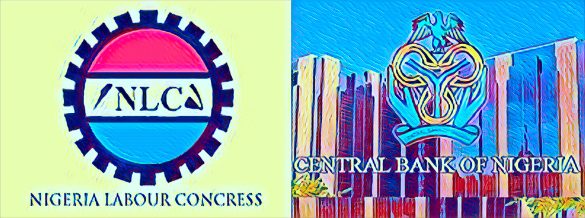ABUJA – The Nigeria Labour Congress (NLC) has strongly criticized the Central Bank of Nigeria (CBN) over its proposed cybersecurity levy, arguing that it will place an undue burden on consumers and businesses. The levy, which is part of the CBN’s efforts to enhance cybersecurity in the financial sector, has drawn backlash from labor unions and industry stakeholders.
According to the NLC, the cybersecurity levy, if implemented, would lead to increased costs for consumers and businesses already grappling with economic challenges. The labor union contends that such a levy should not be borne solely by consumers but should be a shared responsibility among all stakeholders, including financial institutions and government agencies.
The proposed levy comes at a time when Nigeria is facing growing cybersecurity threats, particularly in the financial sector, where cyberattacks can have severe consequences for individuals and businesses. The CBN has emphasized the need for robust cybersecurity measures to safeguard the integrity of the financial system and protect consumers’ assets.
However, the NLC argues that while cybersecurity is essential, the burden of funding such initiatives should not fall disproportionately on consumers, especially considering the economic hardships faced by many Nigerians. The labor union has called for a more equitable approach to financing cybersecurity efforts, with contributions from all relevant stakeholders.
Industry experts have also expressed concerns about the potential impact of the cybersecurity levy on businesses, particularly small and medium-sized enterprises (SMEs), which may struggle to absorb additional costs. They emphasize the importance of striking a balance between cybersecurity measures and the affordability of financial services for consumers and businesses.
The debate over the cybersecurity levy underscores the broader challenges facing Nigeria’s financial sector, including the need to strengthen cybersecurity infrastructure, enhance regulatory oversight, and promote financial inclusion. As the country continues to digitize its economy, addressing cybersecurity risks is paramount to ensuring the stability and resilience of the financial system.
While the NLC’s protests highlight concerns about the potential impact of the cybersecurity levy, stakeholders recognize the importance of collaboration between government agencies, industry players, and civil society to address cybersecurity challenges effectively. By engaging in constructive dialogue and adopting a holistic approach to cybersecurity, Nigeria can strengthen its defenses against cyber threats and promote trust and confidence in the financial sector.
Source: Business Day


